Happy Thursday! Don’t show up to Mother’s Day brunch this weekend empty-handed; give mom the gift of fact-based news and expert analysis that respects her intelligence and her time.
Quick Hits: Today’s Top Stories
- The papal conclave in Rome did not elect a new pope during their first round of voting on Wednesday, signaled by the black smoke above the Sistine Chapel. Following the death of Pope Francis last month, 133 cardinals will vote to select the new pope in the coming days. Although the closed-door process does not have a set length, the last five papal elections have not taken more than three days. Voting will continue Thursday morning, and if a pope is successfully chosen, white smoke will billow above the chapel.
- Treasury Secretary Scott Bessent and U.S. Trade Representative Jamieson Greer will meet with China’s lead economic and trade representative, He Lifeng, in Switzerland this weekend. The talks are expected to focus on reducing the tariffs on U.S. and Chinese goods—which stand at 125 percent and 145 percent, respectively—rather than a full trade deal. The officials will seek de-escalation, Bessent said, describing the current tariff rates as unsustainable. But President Donald Trump indicated Wednesday that Washington would not lower its levies on Chinese products ahead of the scheduled talks.
- The Federal Reserve on Wednesday held interest rates steady amid concerns over the economic impact of the Trump administration’s tariffs. “If the large increases in tariffs that have been announced are sustained,” Fed Chairman Jerome Powell said at a news conference yesterday, “they are likely to generate a rise in inflation, a slowdown in economic growth, and an increase in unemployment.” But Powell also expressed his apprehension about moving too fast to adjust rates, adding that the Fed is going to “be patient.” His comments lowered expectations for a rate cut in June, with analysts predicting that borrowing rates will remain at their target range of 4.25 to 4.5 percent.
- Dozens of masked pro-Palestinian, anti-Israel protesters occupied Columbia University’s Butler Library on Wednesday, prompting university administrators to ask the New York City Police Department to clear the demonstrators. Two public safety officers were injured in the incident, according to Columbia’s acting president. In a statement, the protesters called on students to “propagate the successes of the heroic Palestinian armed resistance in weakening Israel and U.S. imperialism.” They also asserted that they were renaming the library “Basel Al-Araj Popular University,” after a Palestinian man accused of plotting attacks against Israelis before he was killed in a shootout with Israeli soldiers in 2017. The protests came just over a year after anti-Israel protesters briefly occupied Columbia’s Hamilton Hall.
- U.S. District Judge Brian Murphy on Wednesday temporarily blocked the Trump administration from deporting immigrants to Libya—or to any country where they are not citizens—without due process. The ruling followed reports on Tuesday that a military aircraft was preparing to transport a group of migrants to Libya, a country with a history of human rights violations and political turmoil. In his ruling, Murphy stated that the move, if undertaken without giving immigrants a chance to raise fear-based claims, would defy his earlier order blocking deportations to third countries.
- President Trump announced plans on Wednesday to nominate Dr. Casey Means to serve as surgeon general after the White House withdrew its previous nominee, Dr. Janette Nesheiwat. Nesheiwat, a medical contributor on Fox News, was found last month to have misrepresented details about her medical education, sparking a controversy that MAGA activist Laura Loomer reportedly used to encourage Trump to pick a different nominee. Means is a wellness influencer in the Make America Healthy Again movement and the co-author of a book criticizing the medical establishment for failing to root out persistent chronic disease in the United States.
Harvard v. Trump Continues

Since taking control in January, the Trump administration has been on a mission to, depending on who you’re asking, reform elite higher education or destroy it. But over the last few weeks, its fire has been focused on one institution more than any other: Harvard University.
The most recent salvo against Harvard came Monday, from Education Secretary Linda McMahon. In a scathing letter, she accused Harvard of violating civil rights law and announced that it would receive no future federal grants. “Receiving such taxpayer funds is a privilege, not a right,” she wrote. “Yet instead of using these funds to advance the education of its students, Harvard is engaging in a systemic pattern of violating federal law.”
McMahon’s letter comes on top of other actions targeting the university, including a list of demands for reforms to Harvard’s admissions, hiring practices, and curricular content made by a task force investigating antisemitism.
Harvard, for its part, has vowed to fight back. But the university is walking a tightrope as it seeks to rehabilitate its image with conservative lawmakers and the broader public. Beyond its looming legal battle, Harvard faces an even graver challenge: convincing skeptics that government funding for the U.S.’s oldest and wealthiest university is still worth it.
McMahon’s letter criticized Harvard for a host of issues, lambasting the university for introducing an “embarrassing” remedial math course, highlighting its “bloated bureaucracy,” and asking, plaintively, “Why is there so much HATE?” But while such critiques may be part of the administration’s general attack on elite higher education, they weren’t the legal basis for the federal government’s decision to revoke grant funding. Instead, the funding battle centered on the charge that Harvard had violated Title VI of the Civil Rights Act of 1964, which prohibits institutions from receiving federal funds if they engage in discrimination based on religion, race, or national origin.
Almost entirely absent from McMahon’s letter was the charge that ...
As a non-paying reader, you are receiving a truncated version of The Morning Dispatch. You can read our 1,683-word item on the Trump administration’s battle with Harvard University in the members-only version of TMD.
Today’s Must-Read(s)
Look, there’s nothing wrong with diversity, equity, or inclusion—as words, values, or goals. It’s good to bring together people with diverse views and backgrounds, to prevent groupthink and facilitate creativity. Equity is a centuries-old concept in Anglo-American law that boils down to fairness and justice, and indeed we ought to treat everyone fairly. We should make people feel included where they work or study, because kindness is costless and also helps organizational missions. The problem arises when DEI dogma perverts those basic words to mean the opposite of their dictionary definitions, to stifle intellectual diversity, undermine equal opportunity, and exclude dissenting voices. DEI as practiced stands for discrimination, exclusion, and indoctrination—and treating people in ways that make social justice warriors indistinguishable from white supremacists.
The real way forward is to identify the upstream problem, and develop upstream solutions. That, in essence, is what an ideal DEI program can and should do in our institutions and organizations: Identify any potential barriers to entry, help our institutions correct for them, and develop systems and structures that allow talented, hard-working people to thrive. This isn’t just the ethical thing to do; it’s also the wisest business move. Human talent and skill are assets, and the organizations that seek, invest in, cultivate, and retain them better than their competitors succeed. Unless you subscribe to the repulsive and erroneous idea that there is inherently less talent, skill, and ingenuity to mine from historically marginalized groups, you should see the benefits of finding the best people no matter where they come from.
Toeing the Company Line
True Trumpism Has Never Been Tried
Have populists squandered their opportunity?
Dollars and Zero Sense
Donald Trump loves gold, but he doesn’t understand money.
Toys, Pencils, and Poverty at the Margins
Tariffs’ biggest cost comes not from buying pricier stuff but buying nothing at all.
Weak Men Create Hard Times
And weak men love a strongman.
Incelphobia
Mad men.
Actual Animus
Trump’s transgender military ban goes into effect.
Worth Your Time
- Writing for New York Magazine, James D. Walsh explored how, as artificial intelligence continues improving at breakneck speed, its remarkable abilities have enabled rampant cheating in higher education. “In January 2023, just two months after OpenAI launched ChatGPT, a survey of 1,000 college students found that nearly 90 percent of them had used the chatbot to help with homework assignments,” he wrote. “Generative-AI chatbots—ChatGPT but also Google’s Gemini, Anthropic’s Claude, Microsoft’s Copilot, and others—take their notes during class, devise their study guides and practice tests, summarize novels and textbooks, and brainstorm, outline, and draft their essays. STEM students are using AI to automate their research and data analyses and to sail through dense coding and debugging assignments. ‘College is just how well I can use ChatGPT at this point,’ a student in Utah recently captioned a video of herself copy-and-pasting a chapter from her Genocide and Mass Atrocity textbook into ChatGPT.”
- In Foreign Affairs, Heidi Crebo-Rediker argued that the U.S. has not done enough to extricate itself from a dependence on critical minerals controlled by China—and proposed some solutions. “Government officials and independent analysts have long understood that the United States is again dangerously overdependent on foreign adversaries, mainly China, for critical minerals, metals, and rare-earth elements,” she wrote. “These resources—which are key inputs in advanced technologies, energy infrastructure, and defense systems—play a vital role in the United States’ peacetime economy and national security. Over the past decade, Washington has taken some meaningful steps to address the country’s supply chain vulnerabilities. Yet these efforts remain too modest. Should a serious conflict between the United States and China escalate in, for example, the Taiwan Strait or the South China Sea, China could plausibly shut off all of its exports of critical materials to the United States and its allies alike.”
Presented Without Comment
Bloomberg: Trump Teases ‘Major’ Trade Announcement, Expected to Be UK Deal
Also Presented Without Comment
CBS News: Biden Says ‘What the Hell’s Going on Here?’ About Trump’s Greenland, Canada Comments
In the Zeitgeist
After creating the hit Netflix sketch-comedy series I Think You Should Leave, comedian Tim Robinson is hitting the big screen this week alongside Paul Rudd in their new A24 movie, Friendship. The film follows a friendship breakup between two neighbors, and it looks as tonally offbeat as we’ve come to expect from Robinson.
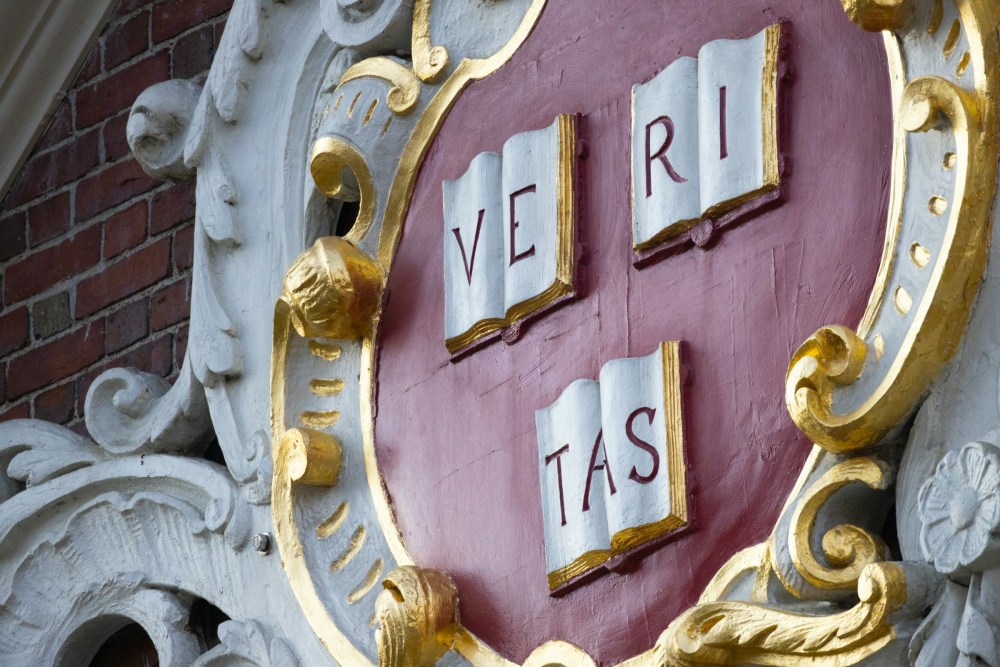
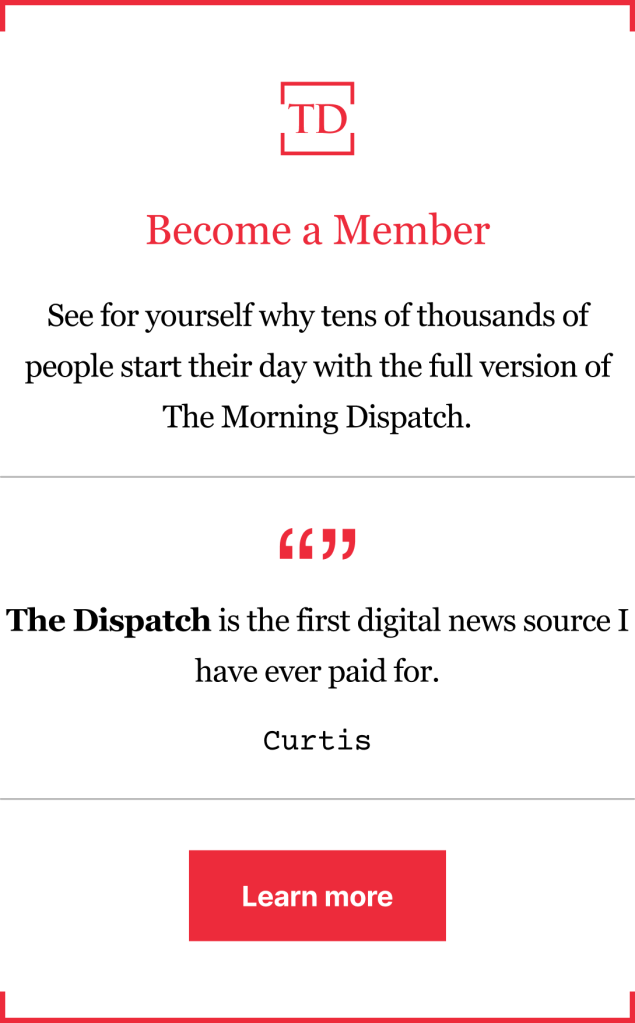
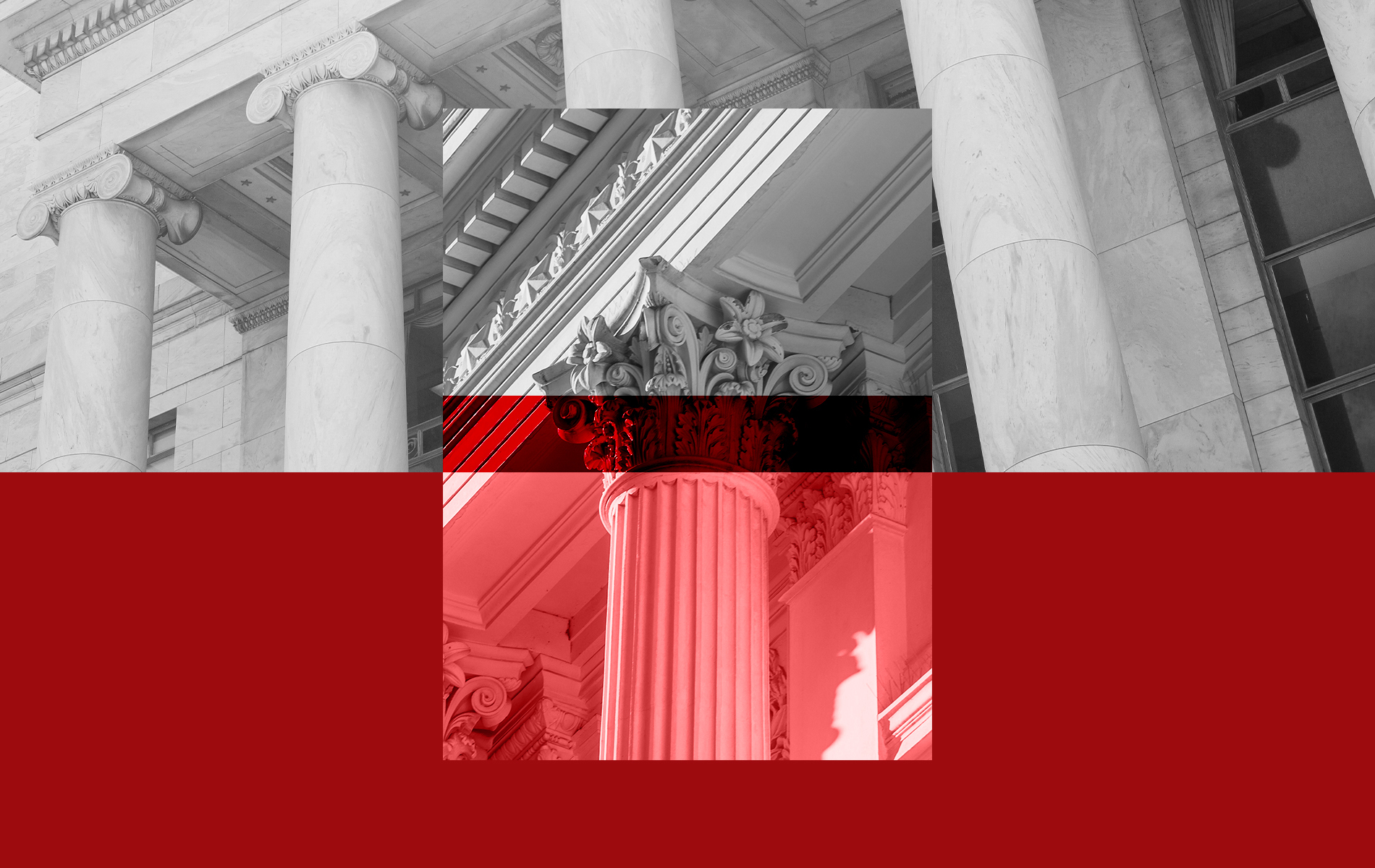
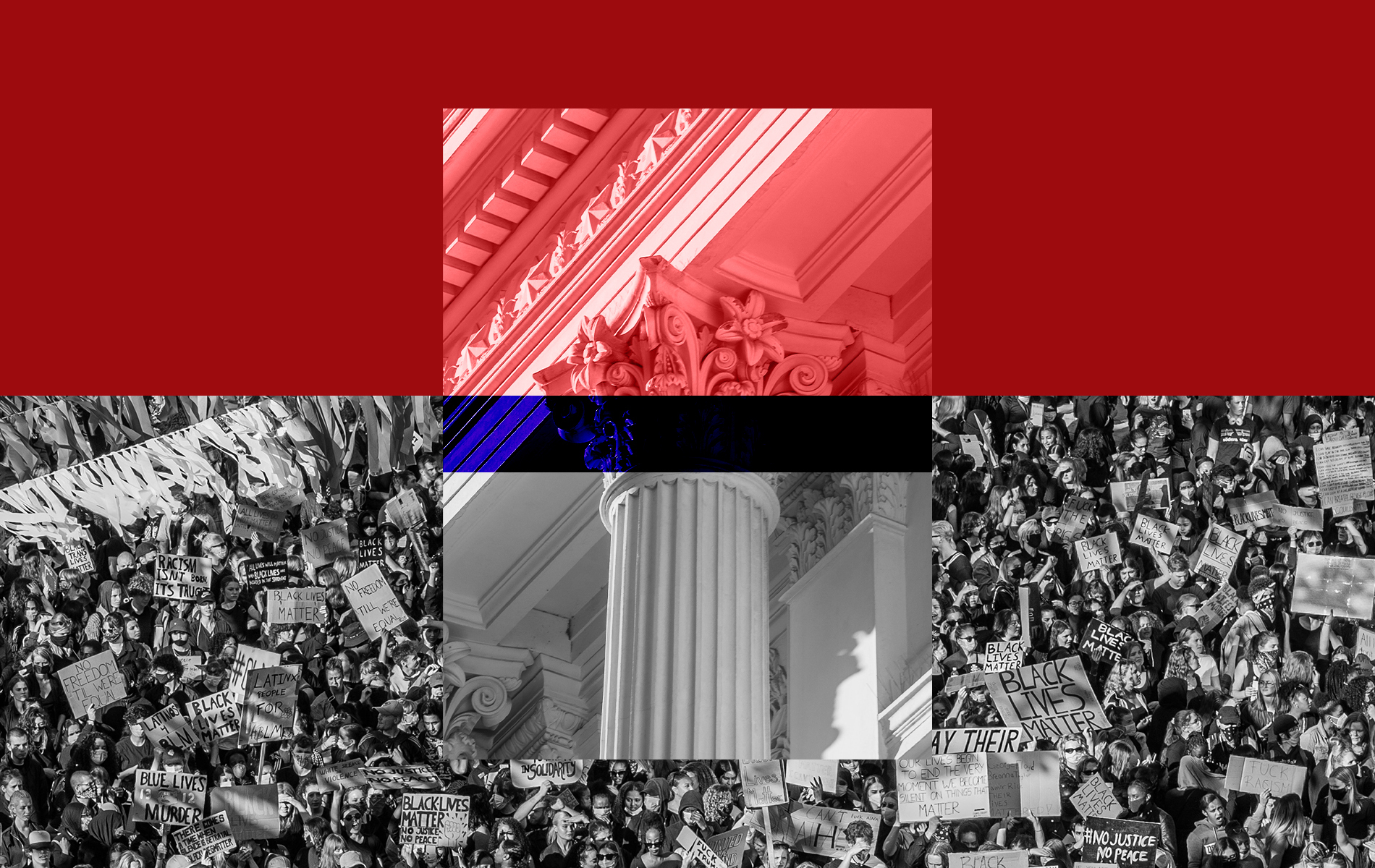
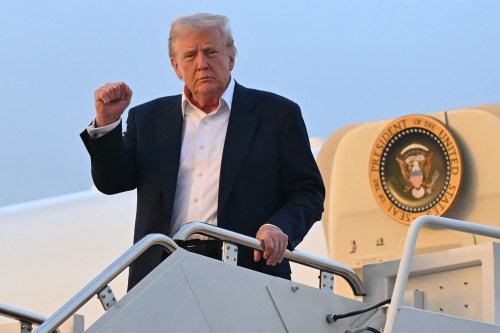
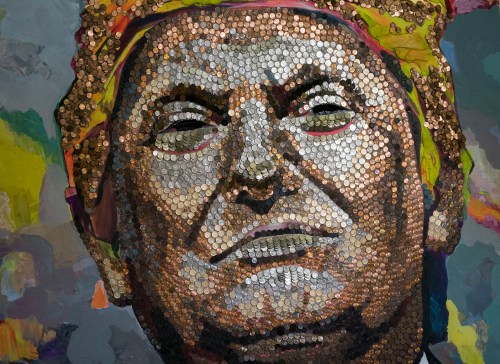

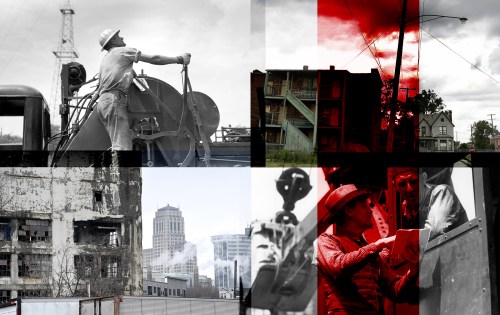
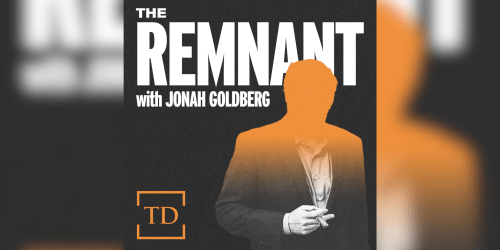
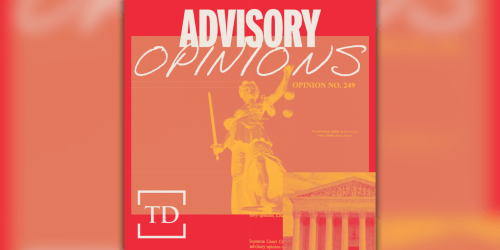







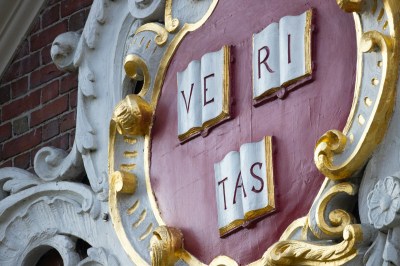
Please note that we at The Dispatch hold ourselves, our work, and our commenters to a higher standard than other places on the internet. We welcome comments that foster genuine debate or discussion—including comments critical of us or our work—but responses that include ad hominem attacks on fellow Dispatch members or are intended to stoke fear and anger may be moderated.
With your membership, you only have the ability to comment on The Morning Dispatch articles. Consider upgrading to join the conversation everywhere.